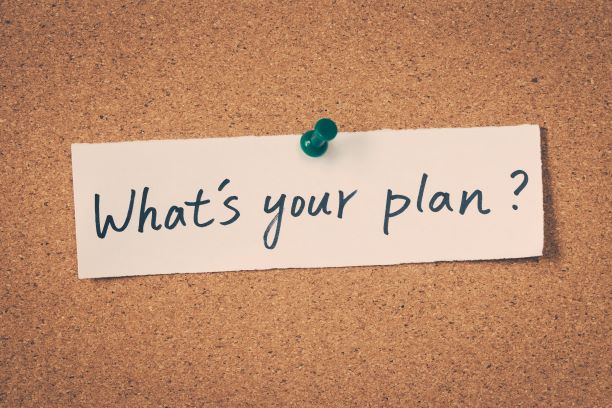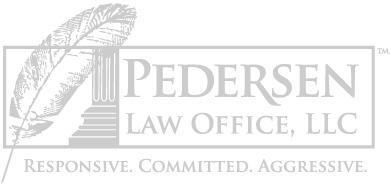Estate Planning: Will Versus Trust
Aug 20, 2020

LAST WILL & TESTAMENT
A will is a legal document where you dictate who will inherit your estate and who oversees distributing the assets of your estate. If you have minor children at the time of your death, it also appoints a legal guardian for the children. Your final wishes as to funeral, burial, and cremation can also be addressed. Wills can have specific rules as to when your heirs receive their inheritance or can simply state they receive it shortly after the time of your death.
Having a will does not prevent your estate from having to go through probate, but it does allow you to go through the simple, informal probate process with the court. In the State of Wisconsin, your estate is required to go through the probate process if it has a value of $50,000 or more at the time of your death. However, there are several different ways to transfer assets outside of your estate and help lower the calculated value of your estate below that $50,000 number. Check out our blog “Easy Ways to Help Avoid Probate”.
TRUST
A trust is an advanced estate planning tool that is used by many to avoid probate. A trust allows a person to put all their assets into the trust. Therefore, they do not legally own anything at the time of their death so, their estate is under the $50,000 amount. While you are alive, you have full use and control of your assets and after your death the assets pass to your heirs without going through the probate court. All assets need to be transferred or owed by the trust so at the time of your death, your assets are under the $50,000 limit. There are different types of estate planning trust. Read our blog, “Common Estate Planning Trusts” to learn more.
Avoiding probate makes things much easier for your heirs after you die, but there are many other good reasons to do a trust instead of a will. A trust could be beneficial to you if you have a mixed family, own a small business, do not want your estate to be public, have a child with special needs, own real estate in two or more states, or wish to avoid death taxes. If your situation includes one of these issues, you need to know more about how a trust could be necessary. Read our blog specifically about these issues: “What is a Revocable Trust and Do I Need One?”
FREE CONSULTATIONS
Obtaining knowledge about the different types of estate planning is helpful but understanding how to apply the knowledge to your circumstances is crucial. Give our office a call! At Pedersen Law Office, LLC we offer free consultations. We will sit down with you to understand your specific circumstances, needs and goals and figure out what is right for you and your family. Our law office serves the communities of Appleton, Menasha, Neenah, Oshkosh, Green Bay and their surrounding areas.


